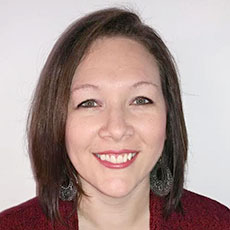It is easy to define our roles when we are teaching our children at home. My role, as parent and home educator, is to disseminate information in a creative and interesting way while my child is to learn the information in the best way for him. But things can get a bit hazy and blurred when we sign our students up for an on-line class or when they participate in a co-op. I now find myself in all of those environments. I am a homeschool mom, I teach on-line classes, and I teach for a local co-op. So I understand first-hand how frustration can set in when roles and expectations are not clear. I believe it helps to see goals and expectations from all of three perspectives.
From a teacher’s perspective, here are a few of the goals for my on-line and co-op classes:
- To help students achieve high school level knowledge of the subject
- To provide opportunities for students to perform labs, gain understanding of the scientific method, proper technique with equipment usage, and improve their critical thinking, observation skills, and attention to details
- To help prepare students for college by developing their skills in studying, student responsibility for assignments, teacher/student communication
To achieve those goals, expectations are that I, as the teacher, will:
- Present material-answering questions, clarifying confusing points
- Set pacing for course, adjusting if necessary
- Ensure that major topics/required course content is covered
- Set up and help students perform labs
- Issue and grade assignments
So what about the students? What is expected of them?
 Keep up with assignments
Keep up with assignments - Do assigned reading
- Complete classwork and homework
- Turn assignments in on time
- Contact the teacher if there are questions or problems
- Listen in class and participate in class discussions
And lastly, what can parents do when they are not the primary instructor? What is their role?
- Monitor their child’s progress
- Help them at home if they need help with organization, motivation, studying, and clarification of assignment
- Encourage them to interact with other students and teachers respectfully and in a self-advocating way
- Check answer keys/study guides
- Proctor tests by establishing an appropriate testing environment
Kerrie Childress has a love for science that she desires to pass along to every student she teaches. She graduated in 1996 with a B.S. in Biology and Chemistry from Bob Jones University and in 2001 with a M.A. in Health and Exercise Science from Furman University. She has over 15 years of teaching experience in 3 states and several different platforms. Kerrie is also currently teaching on-line for a local community college as well as teaching science classes at Excelsior Classes.




